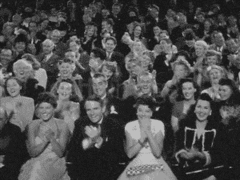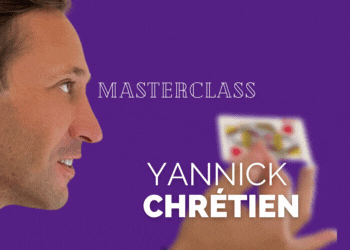The Jerx
- Pas de pub non magique pour les membres du Cercle VM. Clique ici pour en savoir plus !
-
Messages
-
Par Bruno RBLS · Publié le
🔥 55 € ( Prix Neuf Boutique sans port : RUPTURE DEFINITIVE ) 🚚 PORT SUIVI COMPRIS MONDIAL RELAY ( France ) ❇️ 100% NEUF ( jamais utilisé ) 💰 Paiement PayPal / Pas d’échange 🚨 De nombreux passionnés de magie l'ont vu jouer dans le spectacle en ligne du 20e anniversaire de French Drop et ont été témoins de la façon dont il a époustouflé le public. ➡ La pièce est polie avec un mouchoir de poche. Au fur et à mesure que la pièce est polie, le mouchoir s'enfonce dans la pièce et finit par la pénétrer ! Voici la partie qui surprend même les magiciens : le public peut voir de face que le mouchoir reste dans la pièce jusqu'à la fin et que la pièce peut être ensuite distribuée au public sans changement. La pièce peut être suspendue au mouchoir en état de pénétration et montrée au public avec de grands mouvements. ➡ Bien qu'il s'agisse d'une pièce" magique", le tour peut être exécuté devant un nombre relativement important de personnes. ➡ Profitez de ce travail brillant signé Jonio ! ➡ Vous recevez une pièce gimmick et une pièce normale. ( replicas Morgan ) Vous devrez fournir votre propre foulard, celui-ci n’étant pas inclus avec le tour
-
Statistiques des membres
-
Statistiques des forums
-
Total des sujets84.9k
-
Total des messages682.6k
-

.jpg.f3676384ca95bdad420aee412a56866d.jpg)
.jpg.595b85635aa378e9a2d87bcac46b3adb.jpg)




(1).gif.65cf9433710b03a02e7253078af7c0c5.gif)

Recommended Posts
Rejoins la conversation !
Tu peux publier maintenant et t'enregistrer plus tard. Si tu as un compte, connecte-toi maintenant pour publier avec ton identité.